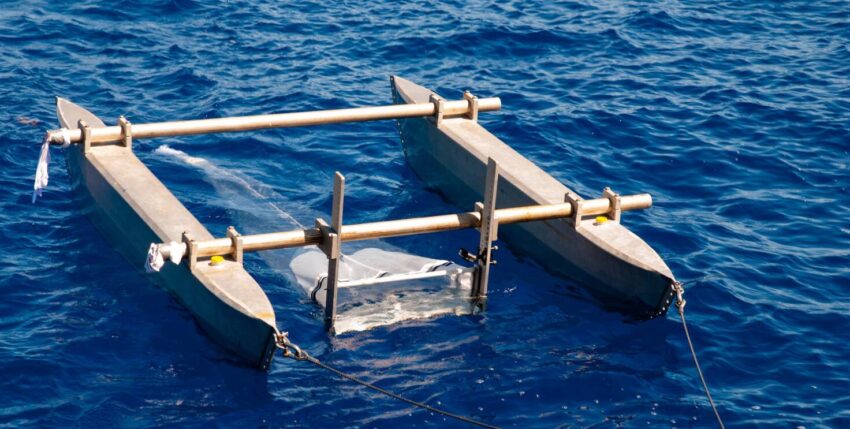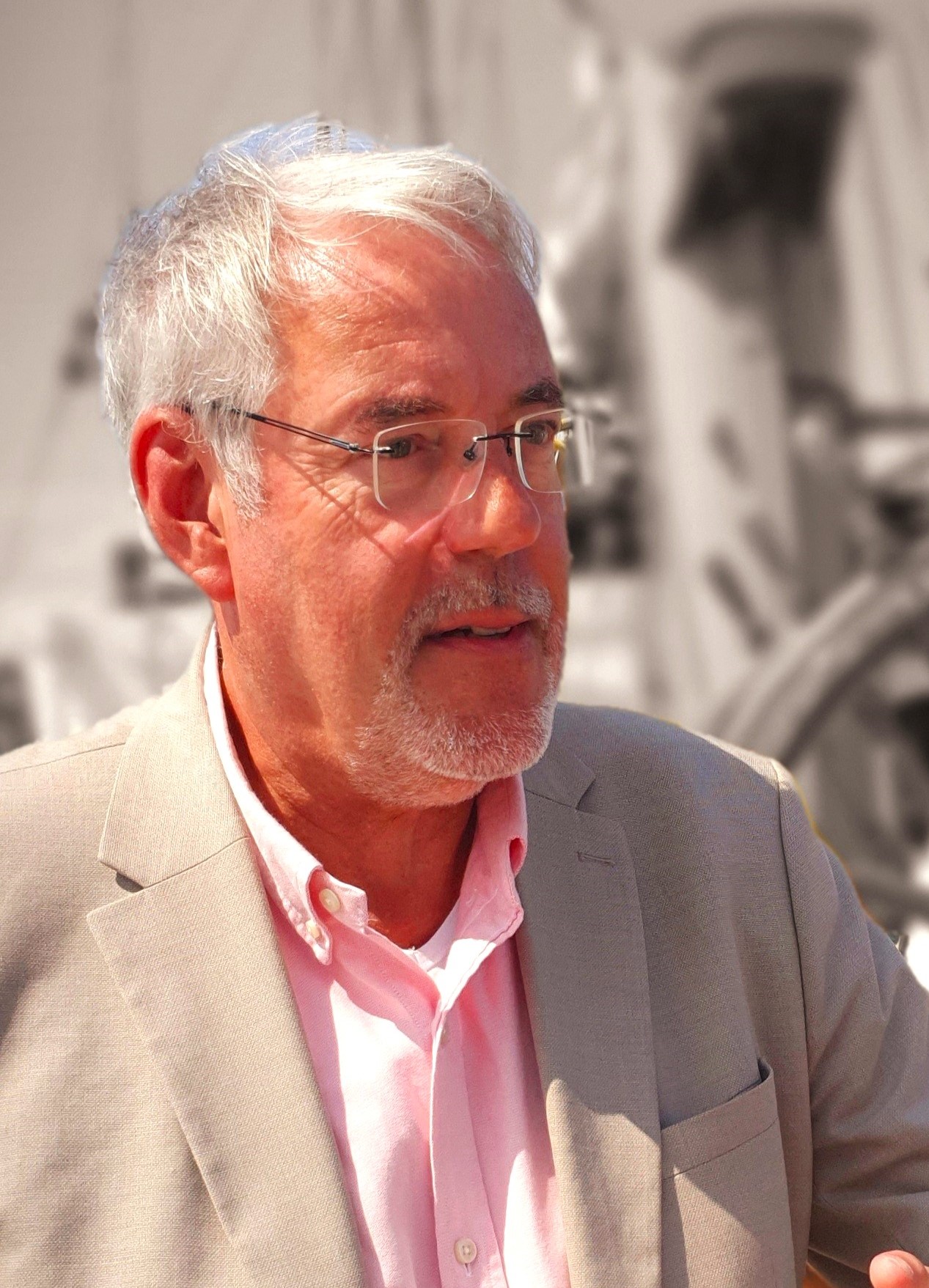Research vessel SONNE investigated the path of plastic waste in the ocean
The research vessel SONNE spent a month travelling the Atlantic on the trail of plastic waste. Now the ship from the Geomar Helmholtz Centre for Ocean Research has arrived back in Emden. It is well known that millions of tonnes of plastic waste end up in the ocean and its marginal seas every year. Where the rubbish ends up, however, is not. An expedition by the German research vessel SONNE has helped to find out more about the path and effects of plastic in the sea. The team on board reported on their work in the blog of the JPI Oceans research project HOTMIC - and on unusual holidays at sea.
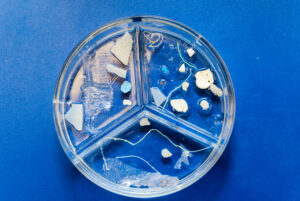
At the end of November, the German Bundestag passed an amendment to the Packaging Act that bans lightweight plastic bags. Similar initiatives aimed at reducing the amount of plastic waste now exist worldwide. Nevertheless, several million tonnes of plastic waste still end up in the ocean via rivers and coasts every year. Where they are transported to is largely unknown. "Less than ten per cent of the plastic that ends up in the oceans can currently be detected," says Dr Aaron Beck from the GEOMAR Helmholtz Centre for Ocean Research Kiel.
Water samples were taken from the surface to just above the seabed at eight locations and plastic particles were collected from the entire water column using special nets. The results of the expedition will be incorporated into the HOTMIC (HOrizontal and vertical oceanic distribution, Transport, and impact of MICroplastics) project, which is being funded as part of the European programme initiative "Healthy and Productive Seas and Oceans" (JPI Oceans). The expedition follows a first scientific expedition with the research vessel POSEIDON in summer 2019, during which the western part of the Atlantic rubbish patch was sampled. A second HOTMIC expedition in March 2020 with the research vessel ALKOR investigated plastic pollution along the European west coast from the Mediterranean to the North Sea.
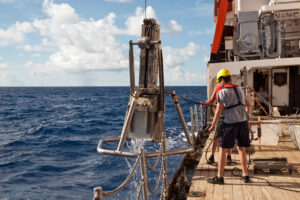
The current expedition is also providing data and samples for the PLASTISEA (Harvesting the marine Plastisphere for novel cleaning concepts) project funded by the German Federal Ministry of Education and Research, which is looking at potential microbiological degradation processes of plastics in the sea.
The expedition was approved and organised at very short notice under the current coronavirus regulations. The team had been in quarantine since the end of last week before being allowed on board yesterday. "When we were at sea for the second HOTMIC expedition in March, Western Europe had just gone into the first coronavirus lockdown," recalls Dr Beck, who was also the expedition leader at the time, "maybe it's the other way round this time and the situation will improve while we're at sea. It would be nice anyway."
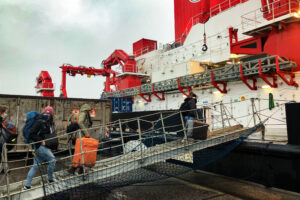
Participating institutions:
- GEOMAR Helmholtz Centre for Ocean Research Kiel
- Institute for Hydrochemistry at the Technical University of Munich
- Juelich Research Centre
- University of Ghent (Belgium)
- Università di Pisa (Italy)
- MARE - Marine and Environmental Sciences Centre(Portugal)
- Agência Regional para o Desenvolvimento da Investigação Tecnologia e Inovação (ARDITI) (Portugal)
- Helmholtz-Zentrum Geesthacht Centre for Materials and Coastal Research (HZG)
- NIOZ - Royal Netherlands Institute for Sea Research (Netherlands)
- University of Utrecht (Netherlands)
- German Weather Service DWD
Text: Press release GEOMAR Helmholtz Centre for Ocean Research Kiel
Photos: Mark Lenz GEOMAR

